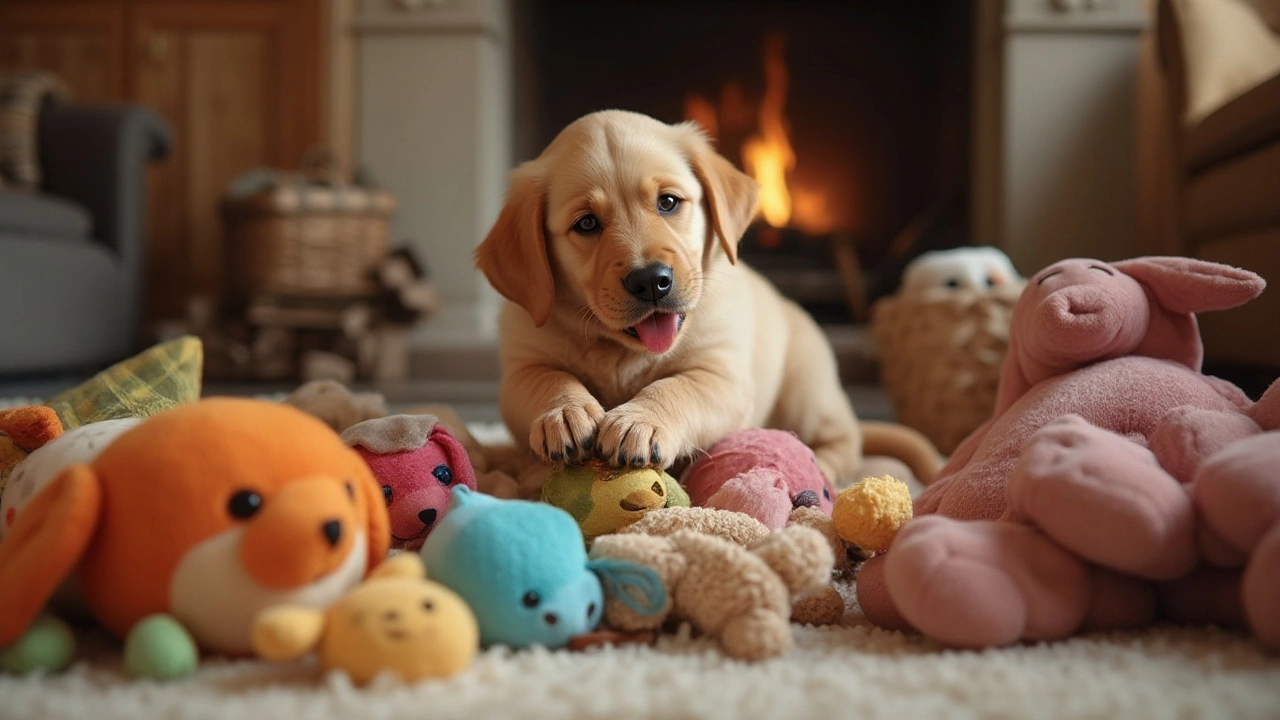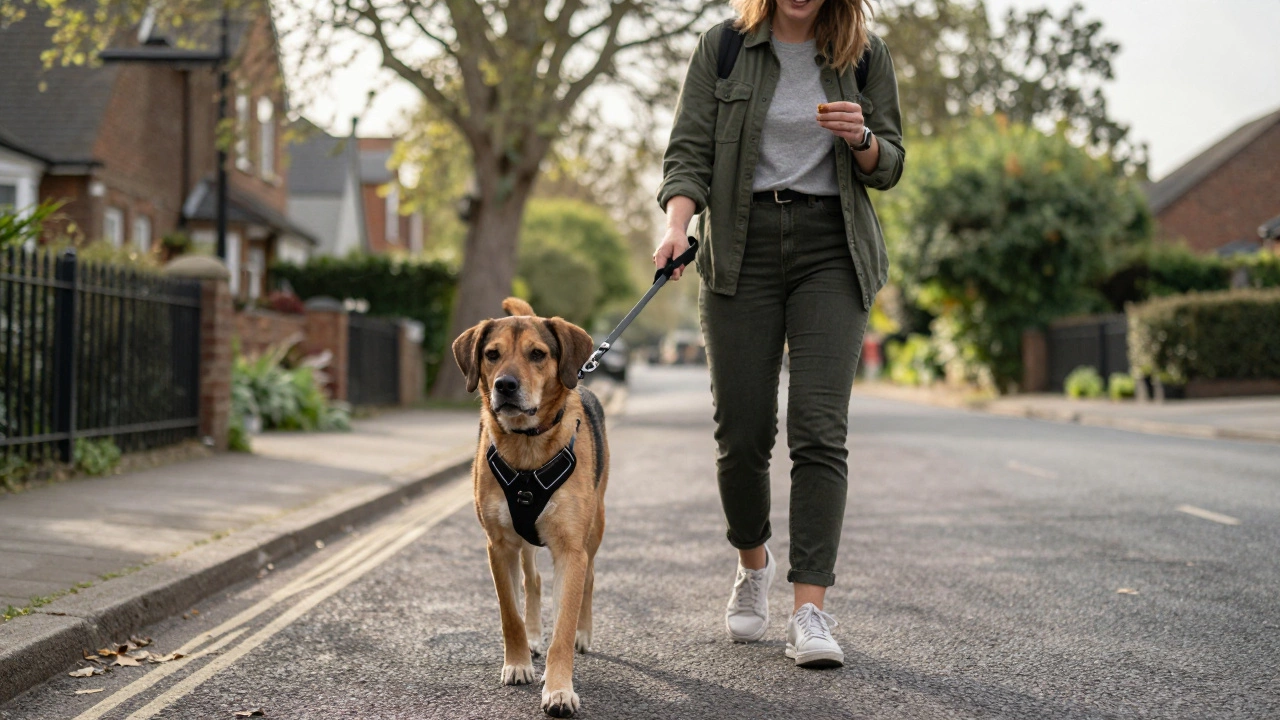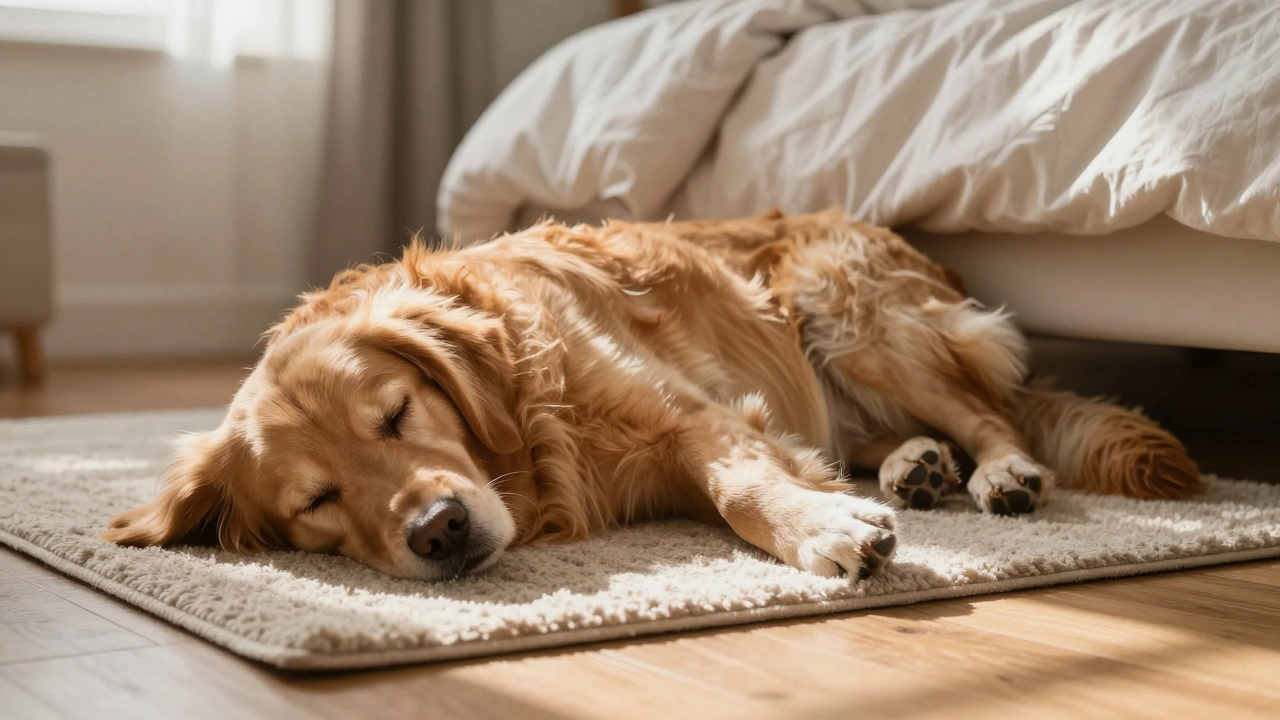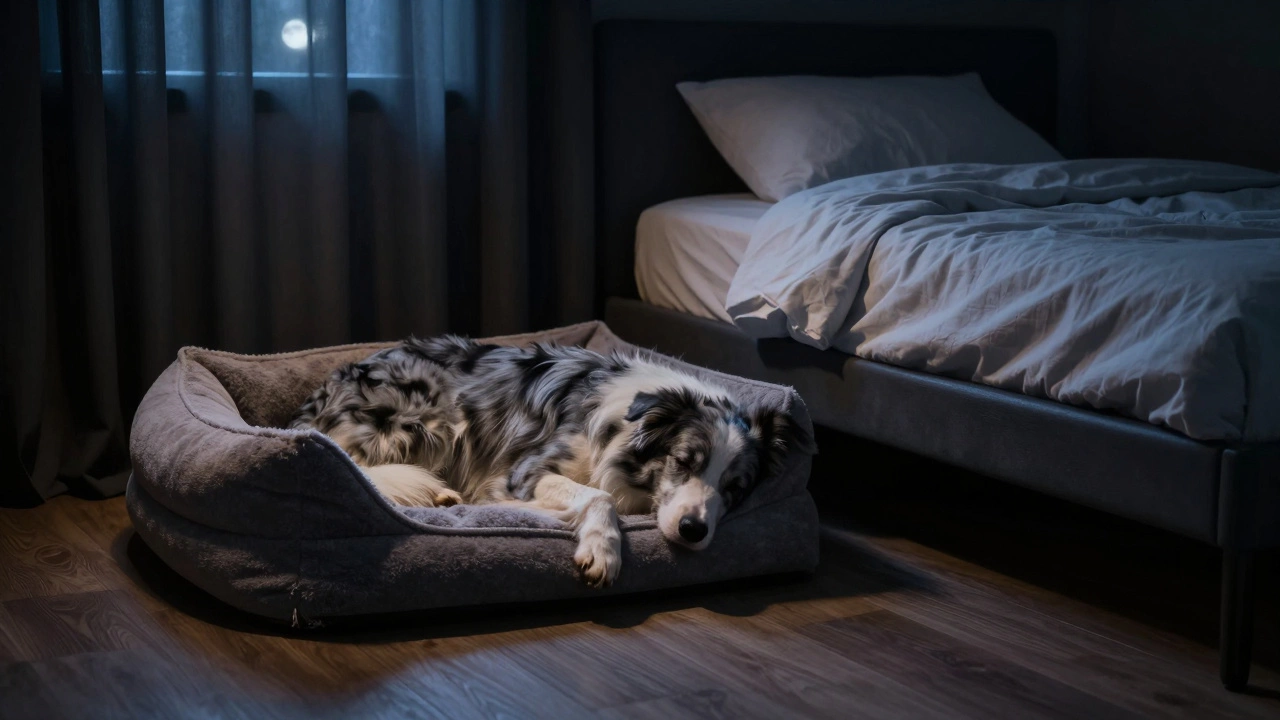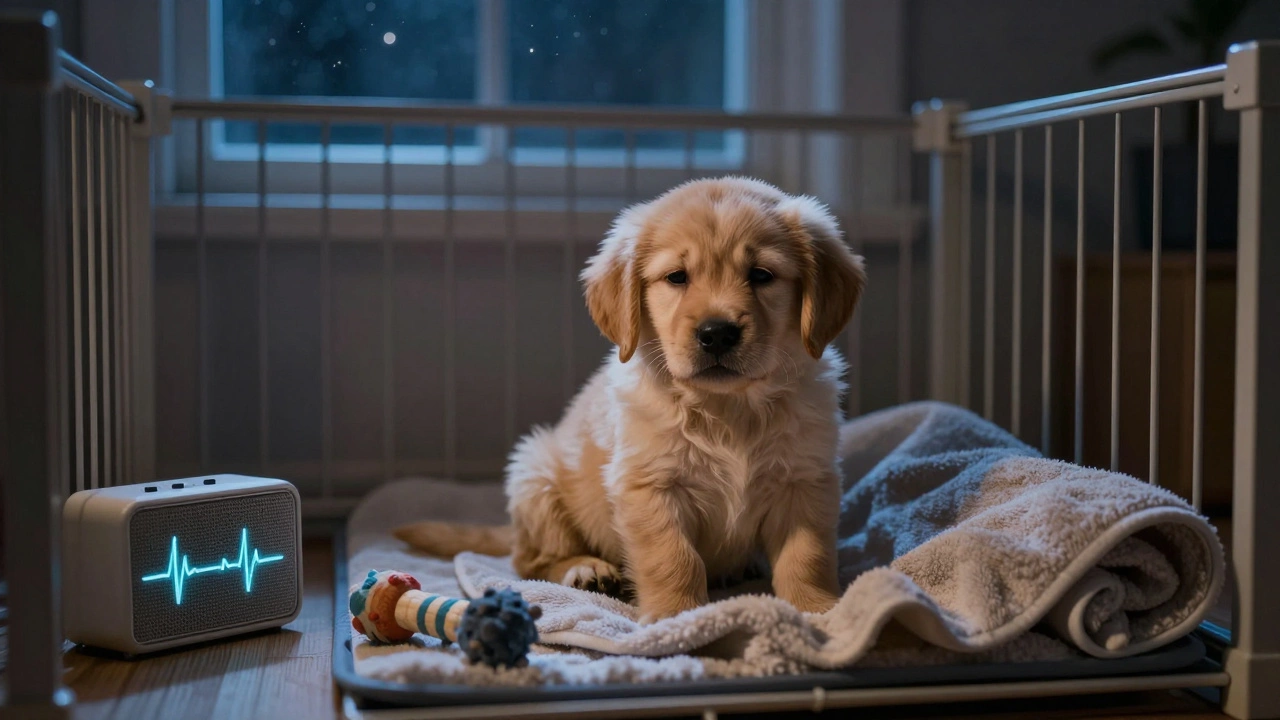8‑Week‑Old Puppies: What Every New Owner Needs to Know
Got a fluffy newcomer who’s just turned eight weeks old? That’s the age where everything speeds up – energy, curiosity, and the need for solid routines. If you’re feeling a bit overwhelmed, you’re not alone. Below are the must‑do actions that keep your pup healthy, happy, and on the right track.
Sleep and Bedtime Basics
At eight weeks, puppies need about 14–18 hours of sleep a day, split between nighttime rest and daytime naps. A consistent bedtime helps regulate their tiny internal clocks and reduces anxiety. Aim for a quiet, dim room and a comfy puppy bed – the softer, the better. If you’re wondering when to put your pup to sleep, a good rule of thumb is to start winding down around the same time each night, just like a toddler.
Don’t forget a short pre‑bed routine: a quick potty break, a gentle cuddle, and maybe a soft chew toy. This signals to the puppy that it’s time to settle. If they whine, resist the urge to pick them up immediately; give them a minute to self‑soothe. Most puppies learn faster when they feel safe and know what to expect.
Crate Training Made Simple
Crate training at this stage is less about confinement and more about creating a secure den. Start with a crate that’s just big enough for the puppy to turn round and lie down. Too much space can encourage accidents. Place a blanket inside, add a favorite toy, and keep the door open during the day so the pup can explore without pressure.
When you first close the door for short periods, keep sessions under five minutes and reward calm behavior with praise or a treat. Gradually increase the time as the puppy shows comfort. If they bark, ignore it unless they’re truly distressed – giving attention can reinforce the noise. Consistency is key; the more predictable the crate schedule, the quicker they’ll see it as a safe space.
Remember, crates aren’t punishment zones. Use them for naps, overnight sleep, and brief periods when you need to keep the puppy safe while you’re cooking or cleaning. A well‑trained puppy will soon view the crate as a cozy retreat.
Nutrition and Health Checks
Eight weeks old means the puppy should be fully weaned onto solid food. Choose a high‑quality puppy kibble that lists a real meat source as the first ingredient. Feed three to four small meals a day, spacing them evenly. Keep fresh water available at all times – dehydration can sneak up fast when puppies are busy playing.
Schedule a vet visit if you haven’t already. Core vaccinations usually start at six weeks and continue every two weeks until about sixteen weeks. The vet will also check weight, deworming status, and ear health. Bring a list of any strange symptoms – coughing, diarrhea, or a lack of appetite – to get prompt advice.
Socialisation and Gentle Training
Socialisation is a marathon, not a sprint. At eight weeks, introduce your pup to a variety of sounds, textures, and gentle, vaccinated dogs. Short, positive encounters build confidence. Use treats and a happy tone to reward calm behavior around new stimuli.
Basic commands like "sit" and "come" can be introduced in five‑minute play sessions. Keep training light; puppies have short attention spans. A quick “sit” followed by a treat, then a pause, works better than a long lecture.
Finally, enjoy the chaos. Puppies grow fast, and the habits you set now shape their whole life. With a solid sleep routine, safe crate habits, proper nutrition, and gentle socialisation, your eight‑week‑old pup is on the road to becoming a well‑adjusted adult dog.
How Long to Leave an 8-Week-Old Puppy Alone: Expert Tips & Toy Recommendations
Leaving an 8-week-old puppy alone requires understanding their developmental needs and emotional well-being. Puppies at this age are quite young and should not be left alone for long periods. Implementing gradual training, providing toys for entertainment, and establishing a safe environment help ease the process. Stay attentive to their cues, and ensure their needs for companionship and security are balanced.

